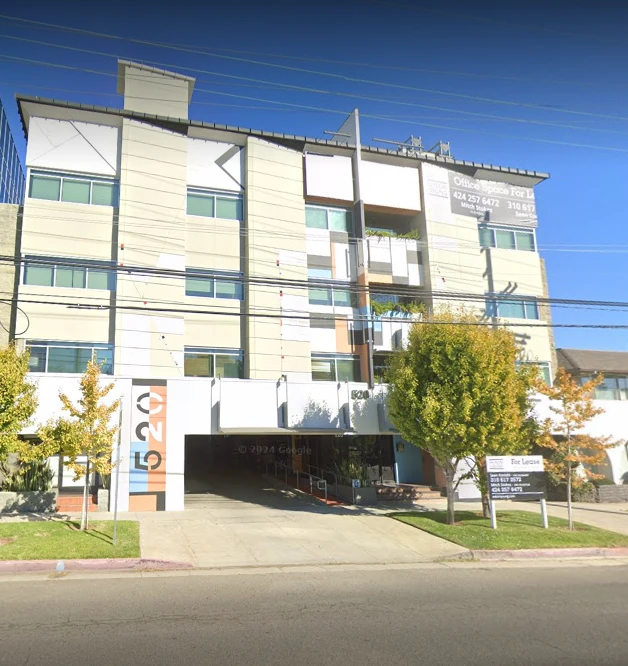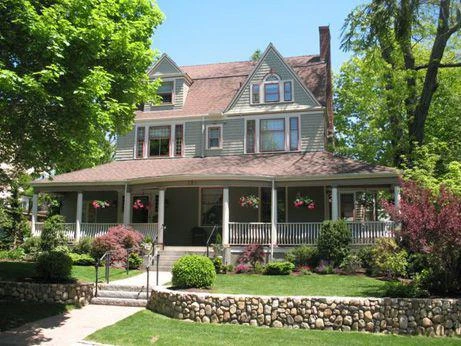Monte Nido has several locations across the country, including a facility in Springfield, Oregon, that specializes in the treatment of mental health disorders. This facility provides residential treatment for adults, both men and women, with staff available 24 hours a day, 7 days a week.
Monte Nido is dedicated to offering compassionate, evidence-based care, supporting individuals on their journey to healing and achieving lasting recovery. The facility employs various treatment modalities, including Cognitive Behavioral Therapy (CBT), Motivational Enhancement Therapy (MET), as well as group and individual therapy sessions.
The organization's approach is deeply rooted in understanding the complexities of mental health disorders and is committed to supporting each individual's unique recovery journey.
Monte Nido – Rain Rock is accredited by The Joint Commission, reflecting its adherence to the highest standards of patient care and safety. This accreditation underscores the facility's unwavering commitment to excellence in mental health treatment, assuring clients they are receiving the highest quality care available.














